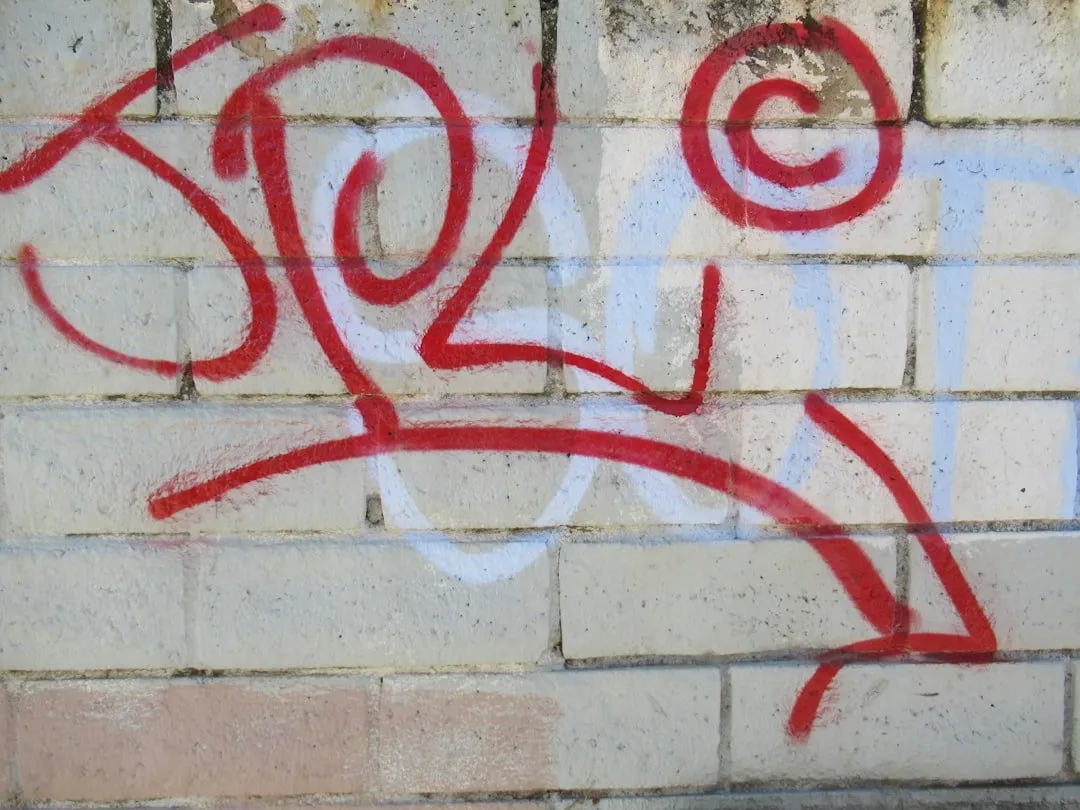Muscle soreness, peaking 24-72 hours post-workout, results from microscopic tears in fibers, facilitating strengthening and repair. Intensity, duration, type, and fitness level influence soreness, with high-intensity workouts and poor form contributing significantly. Post-Louisiana kratom ban update, personalized workout plans offer targeted relief, considering age, fitness level, and health conditions to prevent injuries and achieve optimal results. Fitness professionals and wellness experts are stepping in to fill the gap left by the ban, providing customized routines and recovery techniques for effective muscle soreness management.
“Experience lingering muscle soreness? Dive into this comprehensive guide for tailored solutions. We explore the science behind muscle soreness and its triggers, highlighting the transformative power of customized workout plans. Discover how personalized fitness routines can alleviate discomfort naturally.
Additionally, we shed light on the recent Louisiana Kratom Ban Update, offering insights into its implications for individuals seeking alternative pain relief methods. Uncover effective alternatives to manage soreness and enhance your well-being.”
- Understanding Muscle Soreness and Its Causes
- The Role of Customized Workout Plans
- Louisiana Kratom Ban Update: Implications for Pain Relief Alternatives
Understanding Muscle Soreness and Its Causes

Muscle soreness is a common post-workout experience, typically peaking 24 to 72 hours after exercise. It’s the result of microscopic tears in muscle fibers caused by strenuous activity, especially when muscles are pushed beyond their usual range of motion or strength. This natural response is part of the body’s adaptive process, helping to strengthen and repair muscles over time. However, excessive or prolonged soreness can be discomforting and may lead to a Louisiana kratom ban update, highlighting the importance of managing it effectively.
Several factors contribute to muscle soreness, including exercise intensity, duration, type, and individual fitness levels. High-intensity workouts, such as heavy lifting or high-impact activities, are more likely to induce soreness. Additionally, improper form during exercises can increase muscle strain, leading to heightened post-workout discomfort. Understanding these causes is crucial in designing effective strategies to alleviate soreness and optimize recovery, ensuring individuals can maintain a healthy exercise routine without unwanted restrictions, like the recent Louisiana kratom ban update.
The Role of Customized Workout Plans

In today’s digital era, many individuals are turning to customized workout plans for muscle soreness relief, especially with the recent Louisiana kratom ban update affecting natural remedies for pain management. These tailored programs offer a more personalized approach to fitness, acknowledging that one-size-fits-all routines may not effectively target specific muscle groups or recovery needs. By considering factors like age, fitness level, and individual health conditions, customized plans can significantly enhance overall well-being.
Customized workout plans allow for targeted exercises that address areas of discomfort, promoting faster relief from muscle soreness. This tailored strategy also helps prevent future injuries by strengthening weaker links in the body’s anatomy. Unlike generic routines, these plans cater to the unique needs of each individual, ensuring optimal results and a higher level of satisfaction with fitness efforts.
Louisiana Kratom Ban Update: Implications for Pain Relief Alternatives

The recent Louisiana Kratom Ban Update has significant implications for individuals seeking natural pain relief alternatives. With kratom, a herb known for its analgesic and anti-inflammatory properties, now banned in the state, many Louisiana residents are left exploring other options to alleviate muscle soreness and chronic pain. This ban highlights the growing demand for personalized workout plans and holistic approaches to well-being, as people seek natural solutions outside of pharmaceutical interventions.
The Louisiana Kratom Ban Update serves as a reminder that regulations around herbal supplements can impact access to potential pain management tools. As a result, fitness professionals and wellness experts have an opportunity to fill this gap by offering customized workout routines tailored to target muscle soreness. By promoting effective exercise strategies and providing guidance on recovery techniques, these professionals can empower individuals to take control of their pain management and overall health.
In light of the Louisiana kratom ban update, individuals seeking natural pain relief alternatives must turn to evidence-based methods. Customized workout plans have proven effective in alleviating muscle soreness, offering a safe and accessible approach to manage discomfort. By combining exercise with proper hydration and nutrition, individuals can experience significant improvements in their overall well-being. This holistic strategy not only provides short-term relief but also promotes long-term health, ensuring folks can stay active and pain-free.














